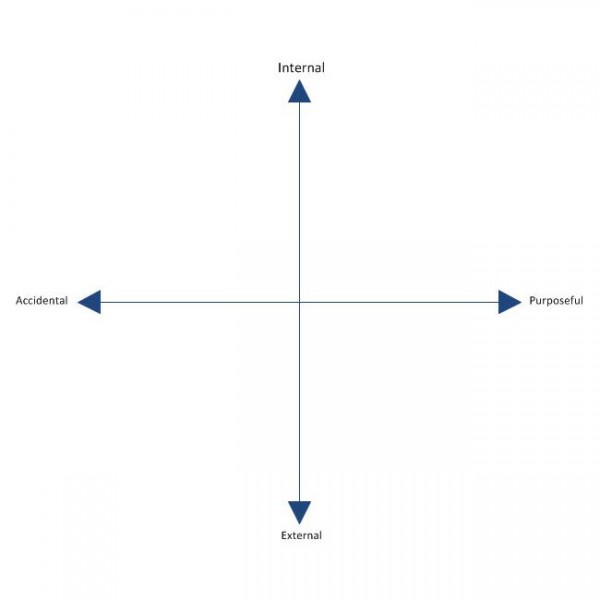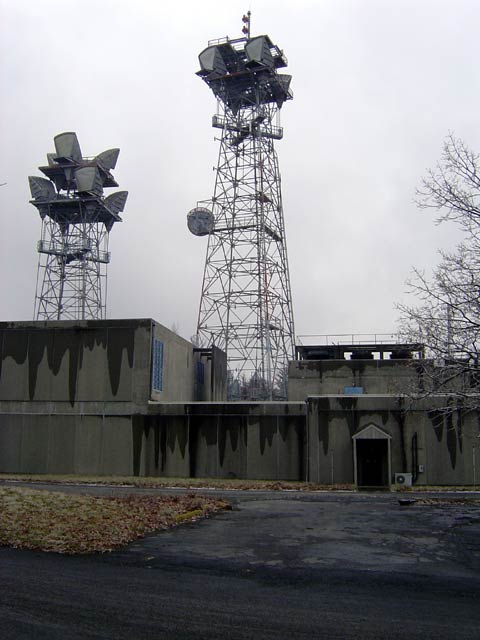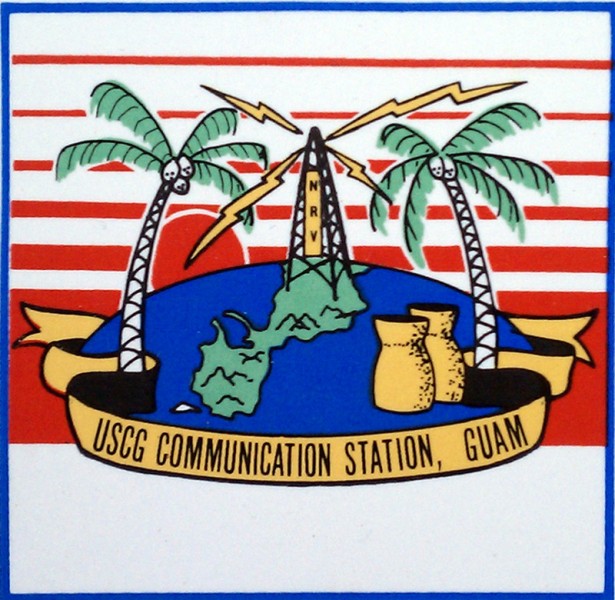Congress, is yet again contemplating a cyber security bill, this time called CISPA. This one has some worrisome privacy implications for the general internet user. I recall, not too long ago, another such measure called SOPA/PIPA which created a huge uproar and was voted down. For Congress and its corporate sponsors, this development was just a slight inconvenience when applying the “if at first, you don’t succeed, try, try again,” legislative method.
Not mentioned in this particular bill is the internet kill switch, which exists now in one form or another, and the unofficial back doors into operating systems and routers. Those things are in place but their use is not codified. The internet can be monitored, user data can be stored indefinitely and it can be restricted or switched off at a moment’s notice. That is the reality of the world we live in.
This is why a vibrant, independent radio broadcasting medium is important. After doing some numbers crunching over the weekend, I came upon some pretty interesting data points:
- Large and medium-large (over 30 stations) group owners account for approximately 2,300 AM and FM stations
- NPR-affiliated stations number about 900
- There are 4,736 AM, 6,603 commercial FM, 3,917 educational FM, and 802 low-power FM stations licensed as of March 31, 2013.
- There are 77 AM and 178 FM (not counting translators) stations known to be silent
Therefore, approximately 3,200 of the 15,803 stations on the air are controlled by major corporate interests or media conglomerates, the remaining stations are owned by medium-small groups (less than 30 stations) or individuals. Those figures create an interesting situation when discussing the future of radio. What do the majority of owners and listeners want? Ask the market.






“Therefore, approximately 3,200 of the 15,803 stations on the air are controlled by major corporate interests or media conglomerates, the remaining stations are owned by medium small groups (less than 30 stations) or individuals.”
—
Is that a problem?
If so, what solution do you propose?
Not a problem; simply pointing out that the vast majority of radio stations are owned by small groups or individuals.
Often times people talk about media ownership without actually looking at the numbers.
I don’t really understand why you count NPR affiliates as part of a conglomerate. NPR does not have the full control of the affiliate stations, most of whom are owned by small and independent non-profit organizations or colleges/universities. Stations maintain full-independent editorial control of the content, even if they do air NPR programming for part of the day.
NPR stations are individually owned, however, most (not all) are carry NPR programming with minimal local programming, thus from a programming standpoint, they are monolithic much the same way a TV network affiliate carries almost all network programming.
OK, so the number of stations owned by large corporations is approx 3200 or only 20% of all total stations, but what percentage of the nation’s population does that 20% cover, or to put it in other terms, what percentage of the nation listens to that 20%? That would be an interesting data point…
David, that would be a very interesting data point, somebody may have already did that work, I will have to check around. If not, then it will require a quite a bit of digging to come up with that, but it would be a worthwhile project.
Somewhere between the First and Second Amendments should exist the following:
“The right of the people to keep and bear radio transmitters shall not be infringed.”
Call it amendment 1A
When radio transmitters are outlawed only outlaws will own transmitters. The voices of freedom and reason should never be silenced.